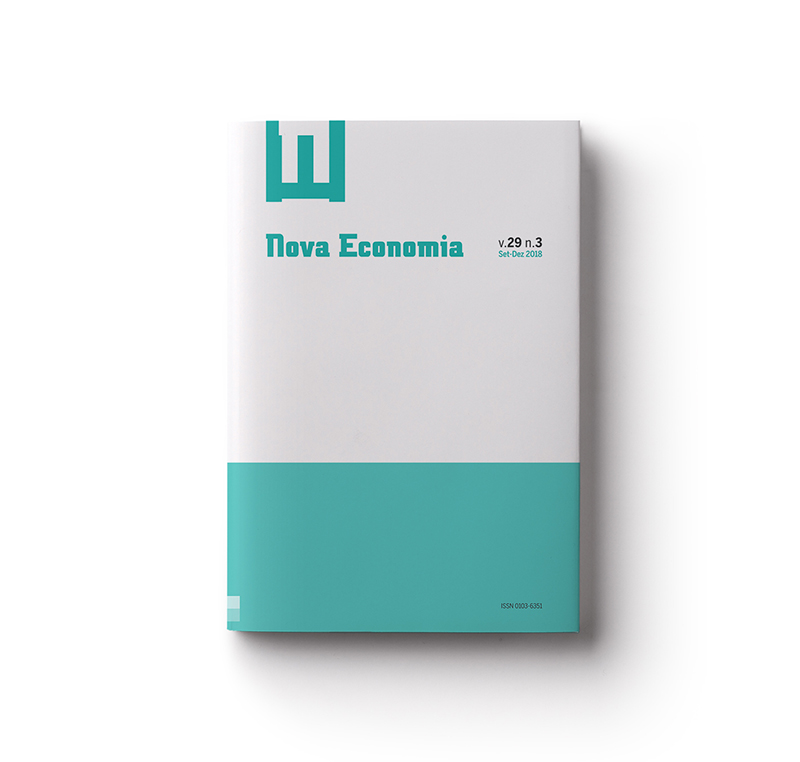Ex-ante moral hazard: empirical evidence for private health insurance in Brazil
Abstract
This paper explores the existence of ex-ante moral hazard in private health insurance in Brazil. Before the advent of illness, insured individuals have no incentives to seek preventive care if it is not previously contractible. The data set comprises longitudinal administrative records of health care utilization from a Brazilian employer-sponsored health insurance plan. The empirical strategy is based on an exogenous and anticipated shock in health insurance coverage not associated with health conditions. The results show an increase of up to 17% on medical visits and 22% on diagnostic tests due to the loss of health insurance. Medical visits start to increase fi ve months before the individual leaves the health insurance pool, reaching its peak at two months prior to exit. For diagnostic tests, the increase was observed only in the last two months before the loss of health insurance coverage.
Keywords: ex-ante moral hazard, health insurance, selfinsurance, Brazilian private health insurance.
Downloads
Published
How to Cite
Issue
Section
License
Authors who publish with this journal agree to the following terms:
- Authors retain copyright and grant the journal right of first publication with the work simultaneously licensed under a Creative Commons Attribution 4.0 International License that allows others to share the work with an acknowledgement of the work's authorship and initial publication in this journal.
- Authors are able to enter into separate, additional contractual arrangements for the non-exclusive distribution of the journal's published version of the work (e.g., post it to an institutional repository or publish it in a book), with an acknowledgement of its initial publication in this journal.
- Authors are permitted and encouraged to post their work online (e.g., in institutional repositories or on their website) prior to and during the submission process, as it can lead to productive exchanges, as well as earlier and greater citation of published work (See The Effect of Open Access).




